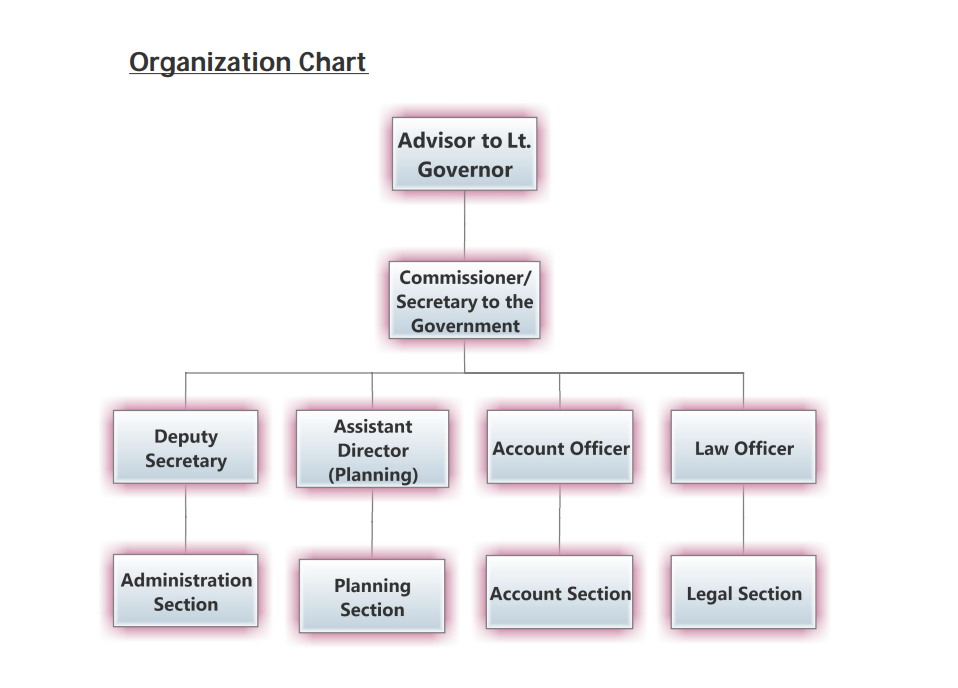The Jal Shakti Abhiyan was launched by the Ministry of Jal Shakti in 2019. It is a campaign for water conservation and water security in the country through a collaborative effort of various ministries of the Government of India and state governments. The focus of the campaign is on water stressed districts and blocks.
Jal Jeevan Mission, a central government initiative under the Ministry of Jal Shakti, aims to ensure access of piped water for every household in India. In his Independence Day speech in 2019, Prime Minister Narendra Modi said that half of the country’s households did not have access to piped water.
One key plan is to spend funds from the rural job scheme MGNREGA, the Pradhan Mantri Krishi Sinchayee Yojana and the Integrated Watershed Management Programme for renovation of water bodies in rural areas.
Mission
UT of Ladakh is endowed with a rich and vast diversity of natural resources, water being one of them. Its development and management plays a vital role in agriculture production. Integrated water management is vital for improving the living standards of rural and urban population, poverty reduction, environmental sustenance, and sustainable economic development. PHE/I&FC Department envisages that the water resources of Ladakh are developed and managed in an integrated manner to provide assured water supply for drinking and irrigation purposes for the overall socio-economic growth of the UT of Ladakh
Vision
To provide drinking water supply in adequate quantity to every rural household of prescribed quality on regular and long-term basis for improving the living standards of rural communities.
To ensure Optimal sustainable development, maintenance of quality and efficient use of water resources to match with the growing demands on this precious natural resource of the UT of Ladakh.




